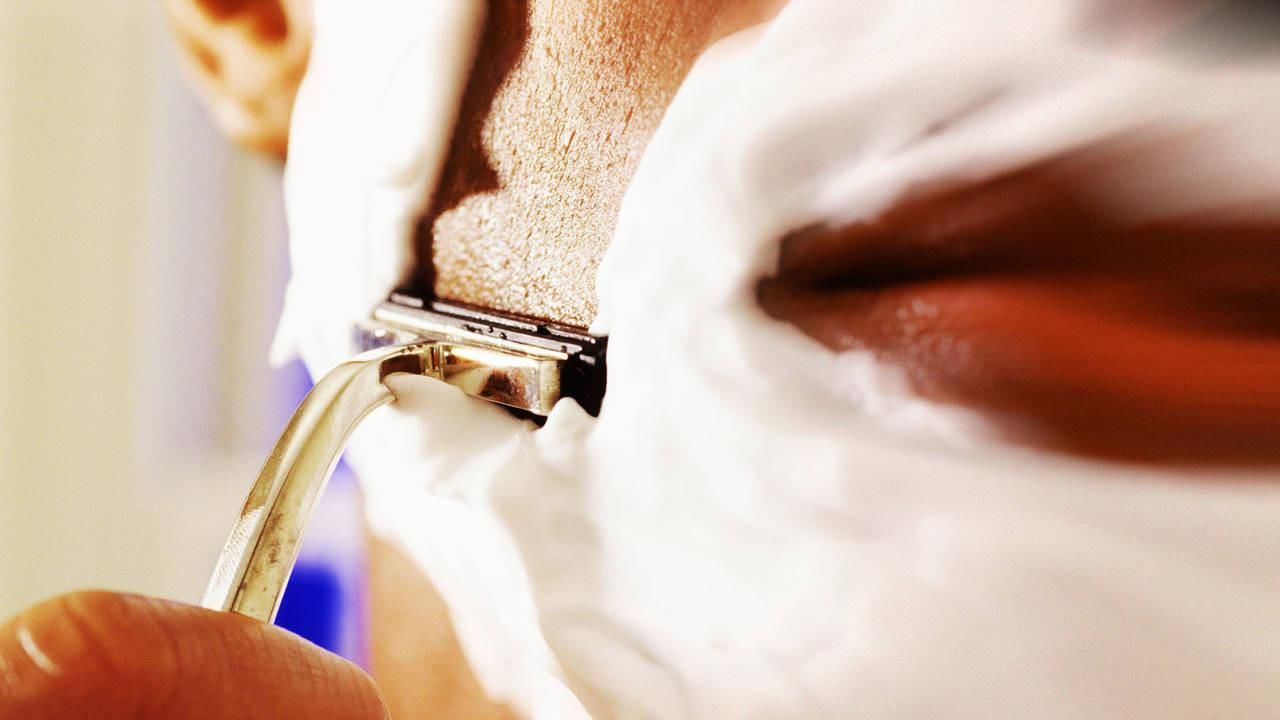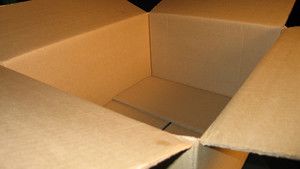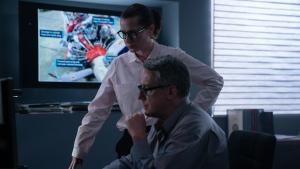- Middle East - English
Americas
Asia & Oceania
Middle East & Africa
Europe
SHOWS
SHOWS BY SUBJECT
DON'T MISS
 Chasing UFOsAlien Cowboys
friday 19 april 2024 at 7:00pm
Chasing UFOsAlien Cowboys
friday 19 april 2024 at 7:00pm
 Extraordinary Birder With Christian CooperExtraordinary Birder with Christian Cooper: Palm Springs
friday 19 april 2024 at 8:00pm
Extraordinary Birder With Christian CooperExtraordinary Birder with Christian Cooper: Palm Springs
friday 19 april 2024 at 8:00pm
 Ice Road Rescue All-Nighter
friday 19 april 2024 at 9:00pm
Ice Road Rescue All-Nighter
friday 19 april 2024 at 9:00pm
 Chasing UFOsGame Of Drones
friday 19 april 2024 at 10:00pm
Chasing UFOsGame Of Drones
friday 19 april 2024 at 10:00pm
 PhotographerDan Winters: Life is Once. Forever
saturday 20 april 2024 at 7:00pm
PhotographerDan Winters: Life is Once. Forever
saturday 20 april 2024 at 7:00pm
TOP SHOWS
VIDEOS
Don't Miss
Most Viewed
Fight Science
Show: Fight ScienceSecrets of the Octopus
Show: Secrets of the OctopusEurope from Above
Show: Europe from AboveGenius - Scientist
Show: GeniusThe Hot Zone
Show: The Hot ZoneNaked Science
Show: Naked ScienceSavage Kingdom
Show: Savage KingdomHard Time: Locked Up
Show: Hard Time: Locked UpHuman Weapons
Show: Fight Science
PHOTOS
Photo of the day
![Tim Shaw peels the foam roof off... [Photo of the day - 19 APRIL 2024]](https://assets-natgeotv.fnghub.com/POD/15170.ThumbL.jpg)
![Two crew members film Dr. Pol, Ben... [Photo of the day - 18 APRIL 2024]](https://assets-natgeotv.fnghub.com/POD/15168.ThumbL.jpg)
![The Notre Dame Cathedral. This is... [Photo of the day - 17 APRIL 2024]](https://assets-natgeotv.fnghub.com/POD/15226.ThumbL.jpg)
Most Viewed
SharkFest
Show: SharkFestDrain The Oceans
Show: Drain The OceansAir Crash Investigation
Show: Air Crash InvestigationLife Below Zero: Next Generation
Show: Life Below Zero: Next GenerationCar S.O.S
Show: Car S.O.SMaine
Show: Gordon Ramsay: UnchartedNazi Megastructures
Show: Nazi Megastructures
TV LISTINGS

DESCRIPTION
The most mundane items in your home hide fascinating secrets as this compelling series featuring Adam Hart- Davis explains.
The Secrets Of: Toilets looks at one of the most singular inventions mankind has ever made, helping turn Rome into an empire and enabling mankind to make the voyage into space. From modest holes in the ground to automated contraptions, the toilet has undergone major transformation since its inception. While the Romans saw the first major public toilets advancement around 315 AD, it was not until London's “Great Stink” that the Western world saw the development of high capacity sewers to handle the city's waste. Since then, engineers are constantly inventing new ways to make the toilet more efficient, from building apartment buildings with in-house waste processors to developing compost toilets that turn waste into fertilizer.
One of the most versatile items in the world, packaging is used to insulate everything from the most trivial objects to highly hazardous materials. Packaging has also served as a catalyst for globalization; without proper ways to package and ship goods, companies would have difficulty distributing their products around the globe. How is it possible to develop packaging able to protect supplies from the sub-zero temperatures of the Arctic or withstand the impact of an F-16 fighter jet? Secrets Of: Packaging showcases the development of packaging the innovations that will lead the world through the 21st century.
EPISODE GUIDE
- Everyday Things: PackagingOne of the most versatile items in the world, packaging is used to insulate everything from the most trivial objects to highly hazardous materials. Packaging has also served as a catalyst for globalization; without proper ways to package and ship goods, companies would have difficulty distributing their products around the globe. What process goes into developing packages able to handle nuclear waste or the world's deadliest viruses? How is it possible to develop packaging able to protect supplies from the sub-zero temperatures of the Arctic or withstand the impact of an F-16 fighter jet? Everyday Things: Packaging showcases the development of packaging the innovations that will lead the world through the 21st century.
- Everyday Things: The ToiletsThe toilet may be one of the most singular inventions mankind has ever made, helping turn Rome into an empire and enabling mankind to make the voyage into space. From modest holes in the ground to automated contraptions costing US$5,000, the toilet has undergone major transformation since its inception. While the Romans saw the first major public toilets advancement around 315 AD, it was not until London's "Great Stink" - aptly named for the summer of 1858 when London reeked from sewage gathering on the banks of the Thames River - that the Western world saw the development of high capacity sewers to handle the city's waste. Since then, engineers are constantly inventing new ways to make the toilet more efficient, from building apartment buildings with in-house waste processors to developing compost toilets that turn waste into fertilizer.
- Everyday Things: ToiletsThe toilet may be one of the most singular inventions mankind has ever made, helping turn Rome into an empire and enabling mankind to make the voyage into space. From modest holes in the ground to automated contraptions costing US$5,000, the toilet has undergone major transformation since its inception. While the Romans saw the first major public toilets advancement around 315 AD, it was not until London's "Great Stink" - aptly named for the summer of 1858 when London reeked from sewage gathering on the banks of the Thames River - that the Western world saw the development of high capacity sewers to handle the city's waste. Since then, engineers are constantly inventing new ways to make the toilet more efficient, from building apartment buildings with in-house waste processors to developing compost toilets that turn waste into fertilizer.
- Everyday Things: ToiletThe toilet may be one of the most singular inventions mankind has ever made, helping turn Rome into an empire and enabling mankind to make the voyage into space. From modest holes in the ground to automated contraptions costing US$5,000, the toilet has undergone major transformation since its inception. While the Romans saw the first major public toilets advancement around 315 AD, it was not until London's "Great Stink" - aptly named for the summer of 1858 when London reeked from sewage gathering on the banks of the Thames River - that the Western world saw the development of high capacity sewers to handle the city's waste. Since then, engineers are constantly inventing new ways to make the toilet more efficient, from building apartment buildings with in-house waste processors to developing compost toilets that turn waste into fertilizer.
PHOTOS

Everyday Things
Everyday Things
- All Galleries
More On Engineering
More On Science















